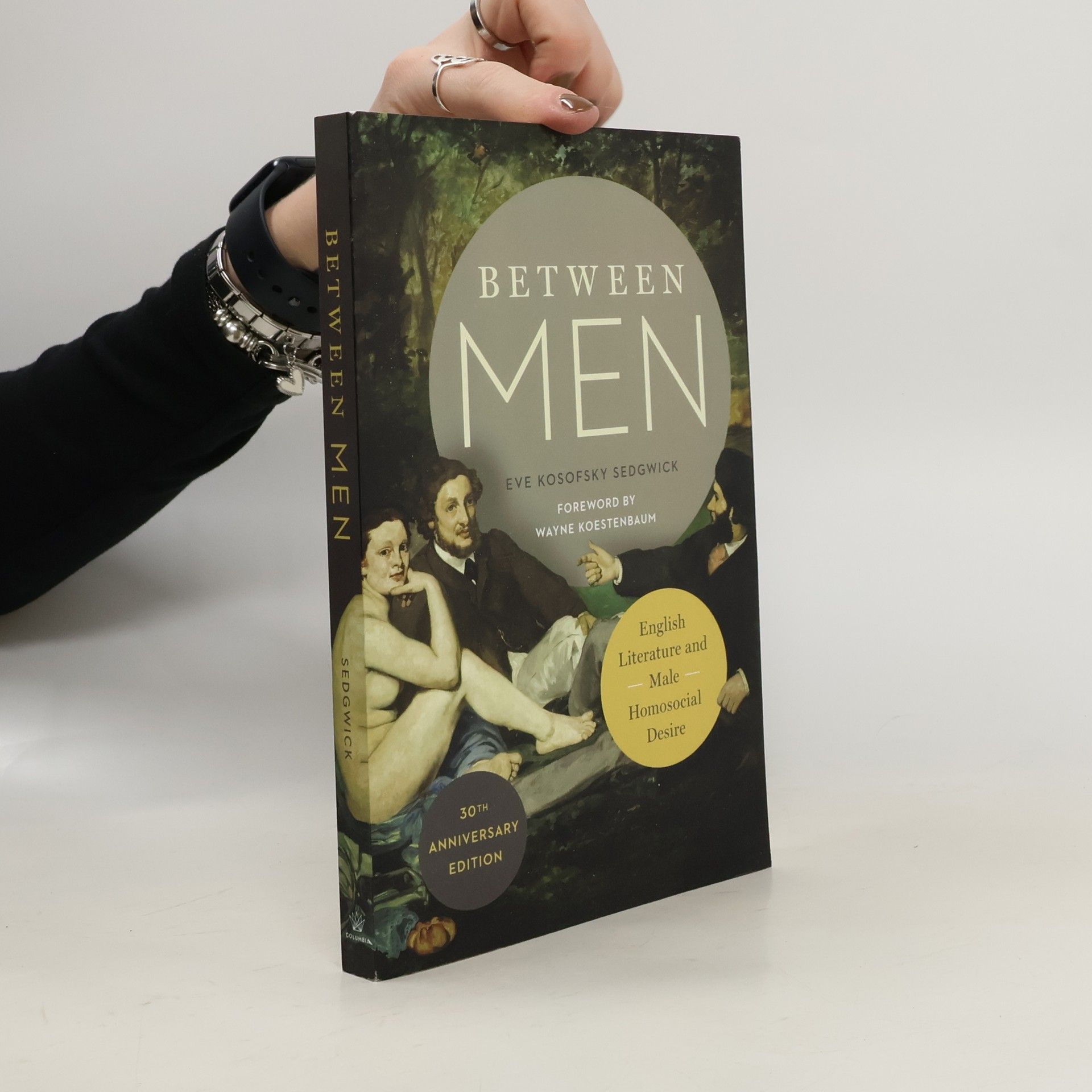Tendencies brings together for the first time the essays that have made Eve Kosofsky Sedgwick "the soft-spoken queen of gay studies" (Rolling Stone). Combining poetry, wit, polemic, and dazzling scholarship with memorial and autobiography, these essays have set new standards of passion and truthfulness for current theoretical writing.The essays range from Diderot, Oscar Wilde, and Henry James to queer kids and twelve-step programs; from "Jane Austen and the Masturbating Girl" to a performance piece on Divine written with Michael Moon; from political correctness and the poetics of spanking to the experience of breast cancer in a world ravaged and reshaped by AIDS. What unites Tendencies is a vision of a new queer politics and thought that, however demanding and dangerous, can also be intent, inclusive, writerly, physical, and sometimes giddily fun.
Eve Kosofsky Sedgwick Livres
Eve Kosofsky Sedgwick était une académicienne américaine spécialisée dans la critique littéraire et l'analyse féministe, reconnue comme l'une des architectes de la théorie queer. Ses travaux reflètent un intérêt pour la performativité queer, l'écriture critique expérimentale, la psychanalyse non lacanienne, le bouddhisme et la pédagogie, les théories affectives de Silvan Tomkins et Melanie Klein, et la culture matérielle, en particulier les textiles et les textures. S'inspirant des études féministes et de l'œuvre de Michel Foucault, Sedgwick a découvert des sous-intrigues homoérotiques prétendument cachées chez des écrivains tels que Charles Dickens, Henry James et Marcel Proust. Sedgwick soutenait qu'une compréhension de pratiquement tout aspect de la culture occidentale moderne serait incomplète ou endommagée si elle ne tenait pas compte d'une analyse critique de la définition moderne homo/hétérosexuelle, inventant les termes « antihomophobe » et « homosocial ».






When she begins therapy for depression after breast cancer treatment, the author brings with her an extraordinarily open and critical mind, but also shyness about revealing herself. Resisting easy responses to issues of dependence, desire, and mortality, she warily commits to a male therapist who shares little of her cultural and intellectual world.Although not without pain, their improvised relationship is as unexpectedly pleasurable as her writing is unconventional: Sedgwick combines dialogue, verse, and even her therapist's notes to explore her interior life--and delivers a delicate and tender account of how we arrive at love.
Brings together the author's explorations of emotion and expression. This work also offers tools and techniques for nondualistic thought, and in the process touching and transforming such theoretical discourses as psychoanalysis, speech-act theory, Western Buddhism, and the Foucauldian hermeneutics of suspicion.
Epistemology of the Closet, Updated with a New Preface
- 280pages
- 10 heures de lecture
Exploring the intersection of sexuality and identity, the book delves into how sexual orientation emerged as a crucial aspect of personhood, paralleling the historical significance of gender. Through analyses of influential literary figures such as Melville, James, and Wilde, it reflects on a transformative period in American culture. In her updated preface, Sedgwick contextualizes her work within the personal and collective trauma of the AIDS epidemic, highlighting its profound impact on queer studies and theory since the late 1980s.
Between Men
- 244pages
- 9 heures de lecture
Introducing a new generation to the book that changed humanities scholarship.